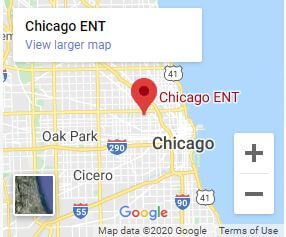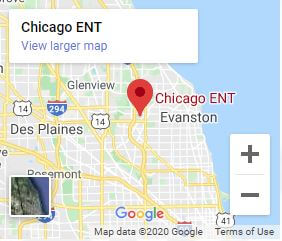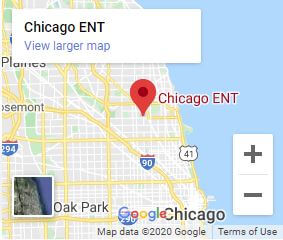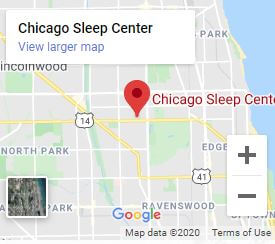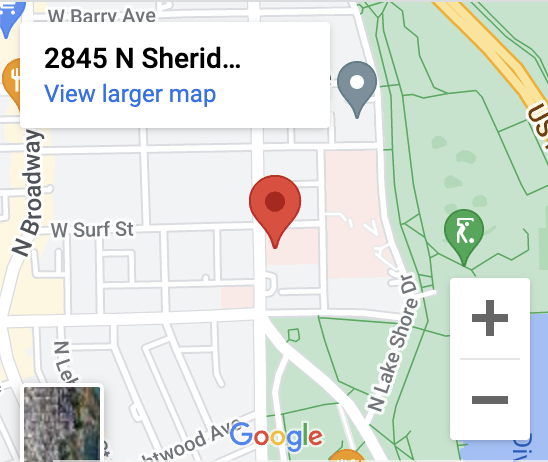For people diagnosed with central sleep apnea, the brain doesn’t respond to changing blood levels of carbon dioxide as quickly as it should—and this leads to pauses in breathing. These problems become most apparent at night when the body becomes more dependent on the respiratory control system to breathe.
What are the risk factors?
- Men are about twice as likely to develop sleep apnea as women
- Heart disorders like congestive heart failure
- Neurological conditions such as a stroke
- Head trauma
- Degenerative brain disorders such as Alzheimer’s disease
- Neuromuscular disorders such as Lou Gehrig’s disease and spinal cord injuries
- High altitudes
- Narcotics including common pain medications such as codeine, morphine, and oxycodone
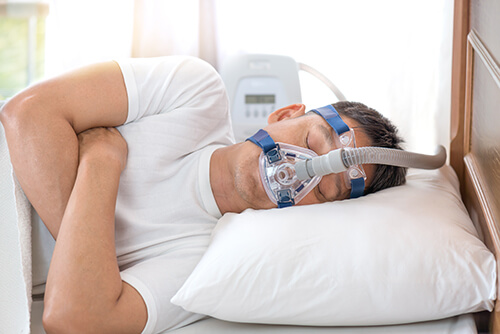
What are the symptoms?
- Breathing stops during sleep, often with 5-30 second pauses
- Repeated nighttime awakenings
- Insomnia
- Periodic breathing (rapid, slows down, stops, repeats)
- Nighttime shortness of breath
- Daytime sleepiness
- Morning headaches
- Difficulty concentrating
Look to the experts for comprehensive care and minimally invasive treatments.
If you snore or have sleep apnea, you need to choose a sleep specialist that knows as much about diagnosing your disorder as treating it. That’s why you need to talk to Chicago ENT. While sleep centers, dentists and surgeons tend to recommend a single solution for all their patients, Chicago ENT takes a more comprehensive—and effective—approach. First, we’ll make a diagnosis. Then we’ll decide whether CPAP, an oral appliance, or one of our minimally-invasive procedures is right for you. After all, we understand that there is more than one way to help you get a better night’s sleep.











